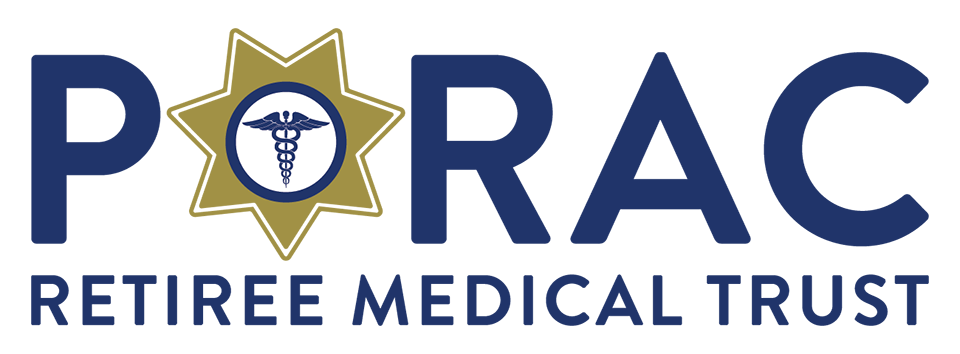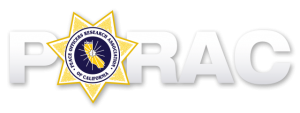The Trustees have structured the Plan to obtain three separate tax breaks:
- Neither employer contributions nor employee contributions to the Trust are taxable income to you;
- The Trust itself will accrue earnings on a non-taxable basis (which increases your benefits); and
- Generally, your benefit payments from the Trust will not be taxable income when you receive them.
This is better tax treatment than a pension plan (e.g., CalPERS) or your deferred compensation 457 plan. Benefits from those plans are taxed upon receipt, after you retire. In contrast, the benefit payments from this Trust will not be taxable income to the retirees. (There is one exception,[1] which is if you paid your premiums with pre-tax income — e.g., through your spouse’s cafeteria plan. In that case, your benefits from this Trust would be taxable income to you.).
[1] Your reimbursement benefits will be taxable income to you if you paid your premium with pre-tax income: Examples include where spouse’s employer deducted the premium from your spouse’s salary or wages prior to calculating the spouse’s taxable income (like from a cafeteria plan) or under the HELPS Act, which allows public safety retirees to deduct $3000 of their pension income used to pay health care premiums. If your premium is paid with pre-tax income, the IRS requires the Plan to issue a Form 1099 to the participant to show that he or she has received taxable income from the Trust.

